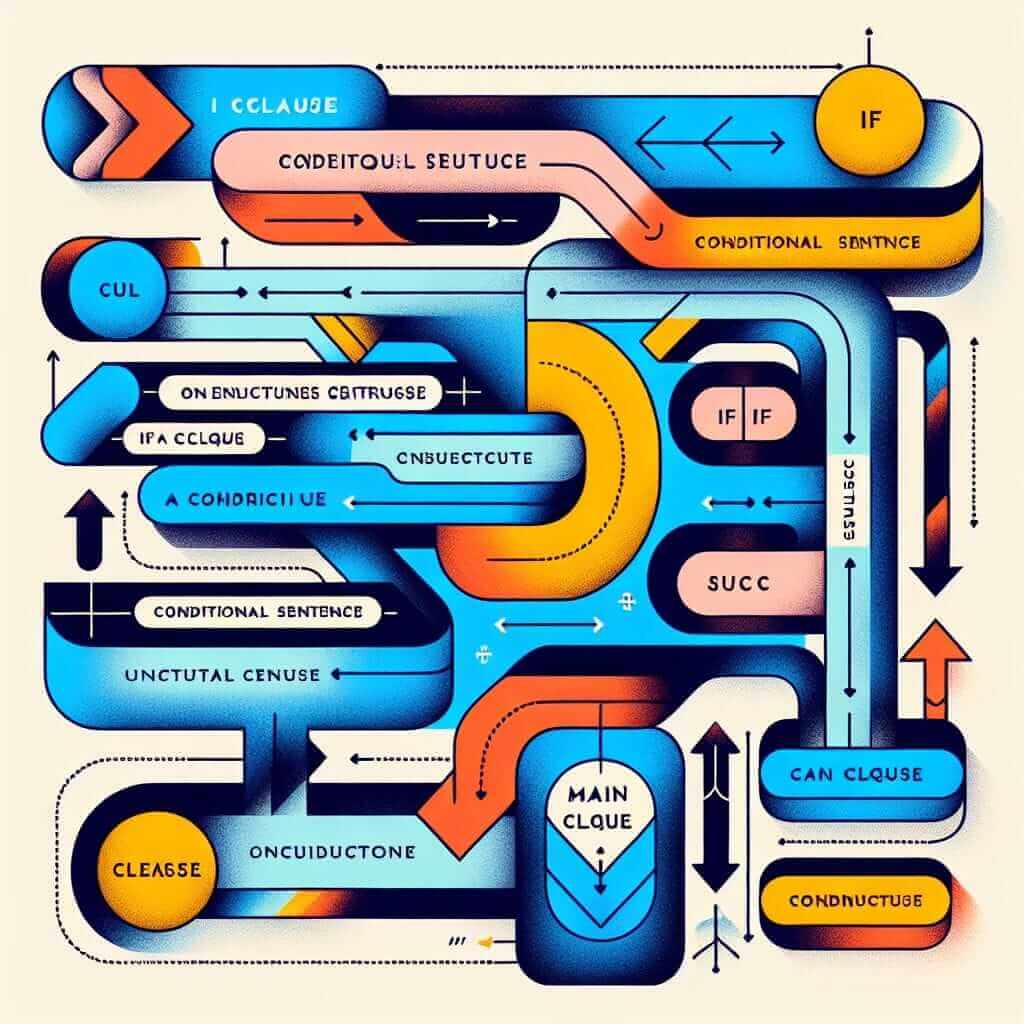“Should it rain, we will stay indoors”. This sentence, while seemingly simple, showcases a sophisticated grammatical structure that often trips up IELTS test-takers: the conditional clause. Mastering this structure is crucial for achieving a band 7 or higher in your IELTS exam, particularly in the Writing and Speaking sections where complex sentence structures are assessed. Let’s break down this structure and explore how it can help you achieve your desired IELTS score.
Here are some examples of how conditional clauses can be used in the IELTS exam:
Speaking:
- Part 1: “Should I have the opportunity to study abroad, I would choose a country with a rich history.” (This demonstrates your ability to use complex structures naturally in casual conversation)
- Part 2: “Describing a memorable journey, I could say, “Had I known the traffic would be so bad, I would have taken the train.” (This illustrates your capacity to use a variety of conditional structures to make your narrative more engaging)
Writing:
- Task 1: “If the trend continues, the demand for renewable energy sources will surpass that of fossil fuels.” (This shows your ability to make predictions based on data presented in a graph or chart)
- Task 2: “Some argue that were governments to invest more heavily in public transportation, pollution levels in cities would decrease significantly.” (This exemplifies your ability to present hypothetical situations and their potential outcomes in an essay format)
Understanding Conditional Clauses
What are Conditional Clauses?
Conditional clauses express the dependency of one action or situation on another. They are characterized by the use of ‘if’ or words like ‘unless,’ ‘should,’ ‘had,’ and ‘were’ to introduce the condition.
“Should it rain…” is a prime example of a conditional clause, specifically a type known as an inversion conditional. This structure adds a touch of formality and sophistication to your language.
Why are they important for IELTS?
Understanding and using a variety of conditional clauses effectively demonstrates your grasp of complex grammar. This directly contributes to a higher score in the grammatical range and accuracy criteria of the IELTS writing and speaking tests.
Mastering “Should it rain…” and its variations
Formula and Explanation
The structure of this specific conditional clause involves inverting the subject and auxiliary verb ‘should’:
Should + Subject + Verb (base form) + …, Subject + will/would + Verb (base form)
Example:
- Should you require assistance, the staff will be happy to help.
Let’s break it down:
- “Should you require assistance” sets the condition. It’s important to note that ‘should’ here doesn’t carry the weight of obligation like it does in other contexts. Instead, it introduces a hypothetical situation.
- “the staff will be happy to help” is the main clause, stating the outcome if the condition is met.
Using Inversion Conditionals in IELTS
This structure is particularly useful for crafting formal and hypothetical scenarios.
Writing Task 1 (Describing trends):
- “Should the current growth rate continue, the company’s profits are projected to double within the next year.”
Writing Task 2 (Presenting arguments):
- “Were the government to implement stricter regulations on fossil fuel emissions, the impact on climate change could be significant.”
Speaking Part 3 (Discussing abstract ideas):
- “Had I the opportunity to travel back in time, I would witness the signing of the Declaration of Independence.”

Achieving Higher Bands with Advanced Usage
You can further enhance your score by using a variety of conditional structures and showcasing your ability to express different degrees of probability:
-
Mixed Conditionals: Combine different tenses to create more nuanced conditions. For example: “Had I studied harder in school, I would have more job opportunities now.” (This mixes the past perfect with the conditional perfect to show the lasting impact of a past condition).
-
Inversion with other auxiliary verbs: While ‘should’ is common, you can use other auxiliaries like ‘were’ and ‘had’ for greater stylistic range. For example: “Were we to invest in solar energy, we could reduce our dependence on fossil fuels.”
Common Mistakes to Avoid
-
Incorrect word order: Remember that the inversion only applies to the conditional clause, not the main clause.
- Incorrect: Should the weather be nice, we will go to the beach will we.
- Correct: Should the weather be nice, we will go to the beach.
-
Using ‘will’ in the conditional clause:
- Incorrect: Should it will rain, we will stay indoors.
- Correct: Should it rain, we will stay indoors.
-
Overusing inversion: While sophisticated, use it strategically to avoid sounding overly formal or unnatural.
Conclusion
Mastering conditional clauses, including the “Should it rain…” structure, significantly enhances your grammatical range and elevates your writing and speaking. By understanding the formula, practicing its application, and exploring variations, you can confidently tackle complex sentences and boost your IELTS score. Remember, consistent practice and a keen eye for detail are key to success!